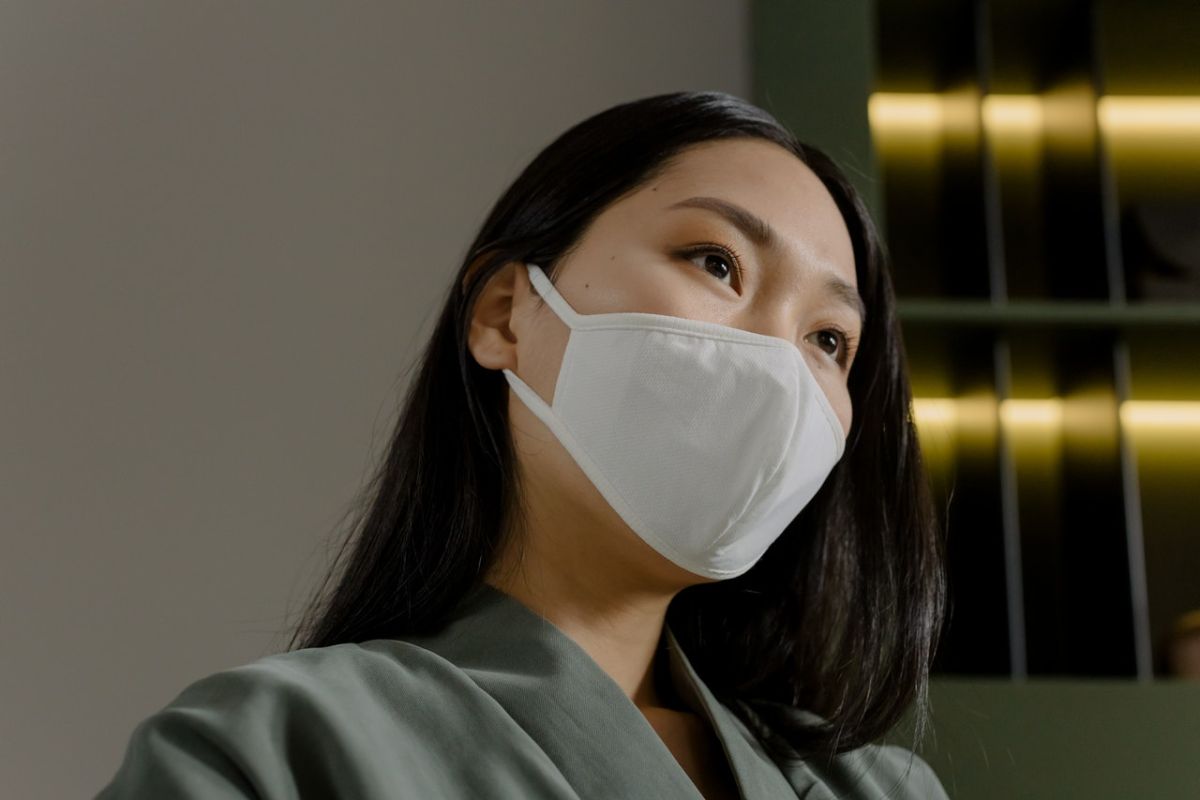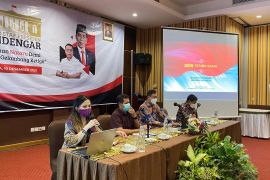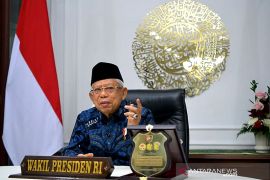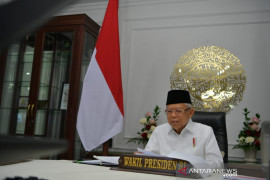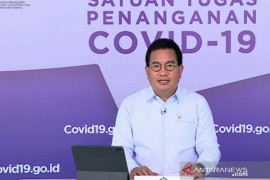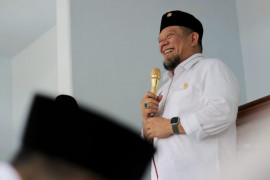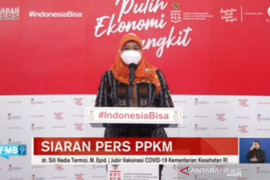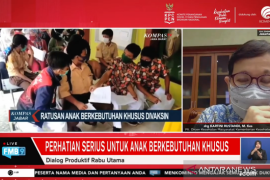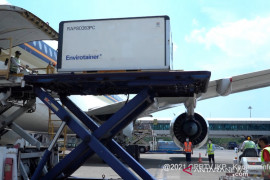Kurniawan noted that to treat Long COVID-19, individuals should ensure that they perform healthy activities.Jakarta (ANTARA) - University of Indonesia's Internal medicine specialist, Dr Rudy Kurniawan, Sp.PD, highlighted some tips during a virtual session here on Thursday to prevent long COVID-19 syndrome after recovering from the disease.
He explained that long COVID-19 was a condition wherein an individual still experienced symptoms despite testing negative for COVID-19. The symptoms include respiratory disorders and olfactory disorders (anosmia), he noted.
"The symptoms are still possible, such as respiratory difficulties, including chest tightness, fatigue experienced soon after walking or using the stairs, and anosmia for days or weeks. There are also reports of such symptoms lasting for up to six months,” he pointed out.
Kurniawan stressed that the symptoms of Long COVID-19 were not the same in all individuals, for which the treatment too differed, he remarked.
He noted that to treat Long COVID-19, individuals should ensure that they perform healthy activities.
"First, exercise optimally. Consume healthy food by limiting the consumption of sugar, salt, and fat, and pay attention to food portions," he explained.
Kurniawan added that the recommended food portion was half a serving of vegetables and fruits, a quarter portion of carbohydrates, and a quarter serving of protein and fat.
"Of course, it would be better if the fat is unsaturated," he emphasized.
Related news: Magelang seeks to improve quality of recorded COVID-19 data
Moreover, Kurniawan recommended some physical exercises that can be performed to overcome long COVID-19.
Kurniawan suggested that the feasible exercise for those experiencing symptoms of respiratory problems was structured breathing exercises that can reduce symptoms by up to 50 percent.
"On YouTube, there are several videos showing how to do structured breathing exercises post-COVID-19 (recovery)," he stated.
Recovery from Long COVID-19 depends on the condition of each individual and whether they have comorbidities, according to Kurniawan.
When a person with no comorbidities contracts COVID-19 and experiences mild symptoms, then after two weeks, he or she is considered to have recovered despite the PCR test result still coming positive. He noted that the positive PCR result merely showed the remaining viral carcasses.
"If the symptoms are severe, and the person has various comorbidities, then of course, the recovery takes longer. Some infections last for up to two months. Even after the infection has subsided, the person with comorbidities might experience Long COVID-19," he stated.
Related news: Local governments urged to provide COVID-19 data updates regularly
Translator: Suci N, Kenzu T
Editor: Rahmad Nasution
Copyright © ANTARA 2021
